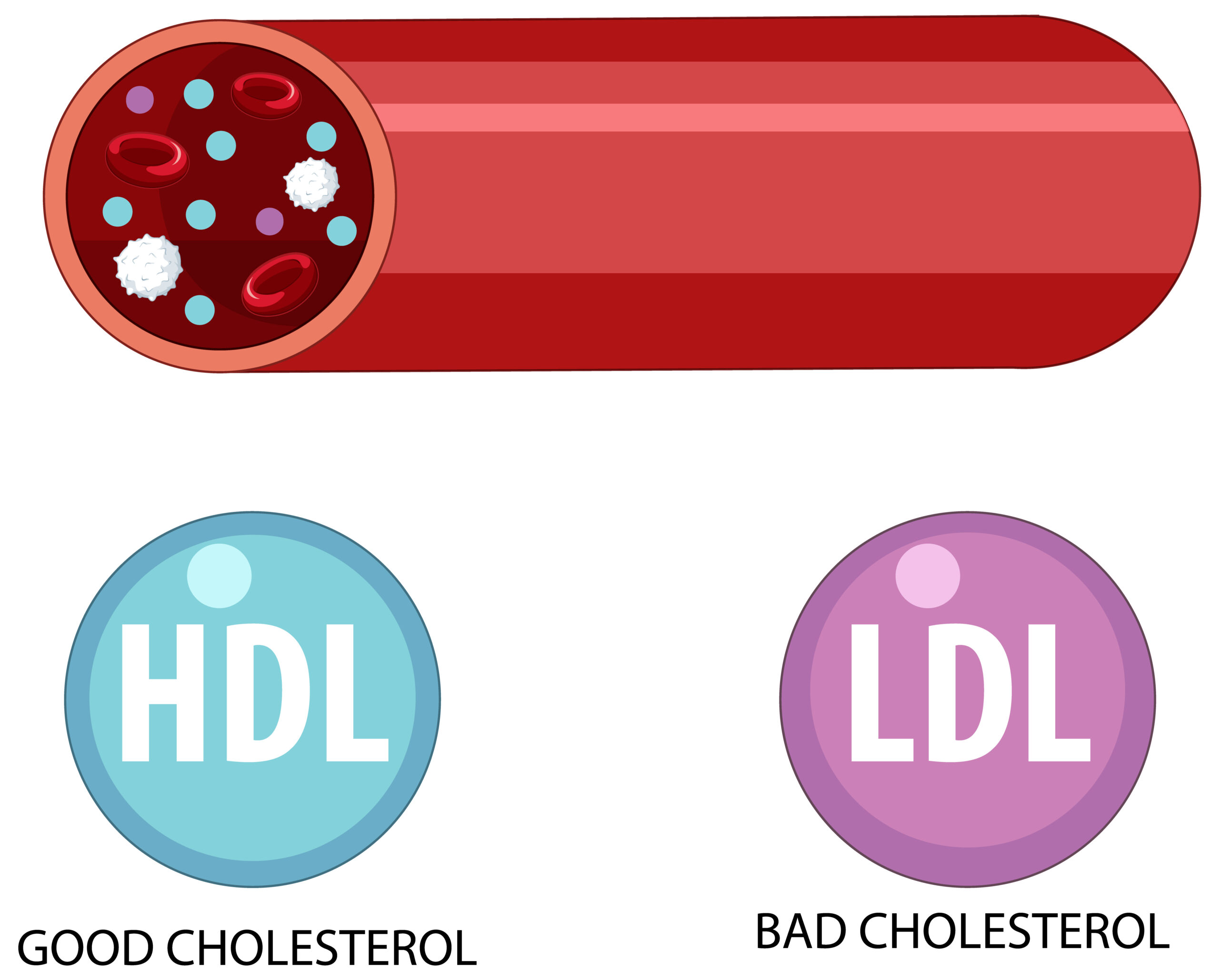Hepatitis C is a viral infection that primarily affects the liver, leading to inflammation and potentially severe liver damage over time. Despite advancements in treatment and awareness, hepatitis C remains a major global health concern, affecting millions of people worldwide. In this blog, we’ll explore the key aspects of hepatitis C, including its causes, symptoms, prevention strategies, and treatment options.
What is Hepatitis C?
Hepatitis C is caused by the hepatitis C virus (HCV). It is a bloodborne virus, meaning it is primarily transmitted through contact with infected blood. Unlike hepatitis A and B, there is no vaccine for hepatitis C, making prevention and early detection crucial in managing the disease.
Causes of Hepatitis C
The primary routes of HCV transmission include:
Injection Drug Use: Sharing needles or other drug paraphernalia with an infected person is the most common way hepatitis C is spread.
Blood Transfusions and Organ Transplants: Before 1992, when blood screening for HCV became routine, blood transfusions and organ transplants were significant transmission routes. This is less common now in countries where screening is standard practice.
Healthcare Exposure: Healthcare workers can contract hepatitis C through needlestick injuries or other exposures to infected blood.
Mother-to-Child Transmission: An infected mother can pass the virus to her child during childbirth, though this is relatively rare.
Unsafe Medical Practices: In some countries, the reuse of medical equipment and improper sterilization can lead to the spread of HCV.
Sexual Contact: While less common, hepatitis C can be transmitted through sexual contact, particularly among individuals with multiple partners or those who engage in rough sex that causes bleeding.

Symptoms of Hepatitis C
Hepatitis C can be acute or chronic. Acute hepatitis C is often asymptomatic but can include symptoms such as:
Fatigue
Fever
Nausea or vomiting
Jaundice (yellowing of the skin and eyes)
Dark urine
Pale stools
Abdominal pain
Chronic hepatitis C, which develops in most people who contract the virus, often remains asymptomatic for many years. When symptoms do appear, they may include:
Persistent fatigue
Joint pain
Muscle aches
Cognitive changes, including memory issues
Abdominal pain
Itchy skin
Diagnosis and Screening
Early diagnosis of hepatitis C is crucial for effective management and treatment.
Screening is recommended for individuals at high risk, including those with a history of injection drug use, recipients of blood transfusions or organ transplants before 1992, and individuals with HIV. Diagnosis is typically made through blood tests that detect HCV antibodies and confirm active infection through the presence of viral RNA.
Prevention of Hepatitis C
Preventing hepatitis C involves several key strategies:
Avoid Sharing Needles: Never share needles or other drug paraphernalia. Access to clean needles and syringe exchange programs can help reduce transmission.
Safe Medical Practices: Ensure that all medical and dental procedures are performed with sterile equipment.
Screening Blood Donations: Rigorous screening of blood donations helps prevent transmission through transfusions.
Safe Sex Practices: Use condoms to reduce the risk of sexual transmission, particularly if you have multiple partners or engage in rough sex.
Healthcare Worker Precautions: Healthcare workers should follow standard precautions to avoid needlestick injuries and other exposures to blood.
Treatment Options
Treatment for hepatitis C has evolved significantly in recent years, with highly effective antiviral medications now available. Direct-acting antivirals (DAAs) can cure more than 95% of HCV infections with minimal side effects. Treatment typically involves an 8- to 12-week course of oral medication.
Living with Hepatitis C
With proper treatment, most individuals with hepatitis C can expect to live healthy lives. However, managing the infection also involves regular medical check-ups, liver function monitoring, and making lifestyle changes to support liver health, such as:
Avoiding alcohol
Eating a balanced diet
Staying active
Avoiding medications and supplements that can harm the liver
Conclusion
Hepatitis C is a serious but treatable condition. Awareness, early detection, and adherence to preventive measures are key to reducing the spread of the virus. With modern treatments, a hepatitis C diagnosis is no longer a life sentence; many people achieve full recovery and lead healthy, fulfilling lives. If you believe you are at risk or have been exposed to hepatitis C, consult with your healthcare provider for screening and possible treatment options. By staying informed and proactive, we can work towards a future free of hepatitis C.









